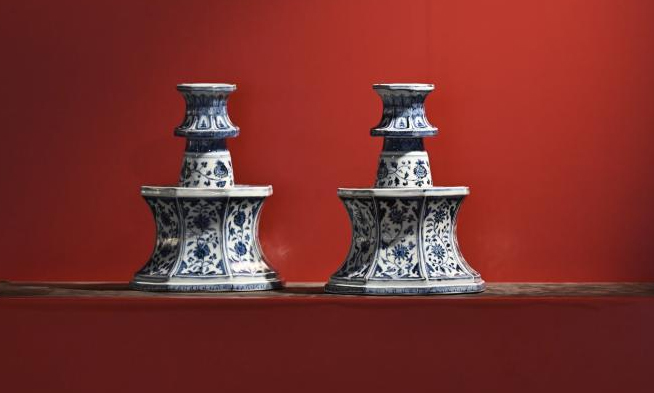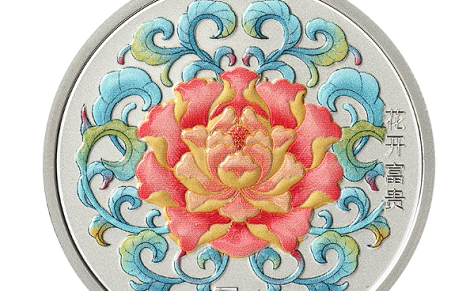Closeup: Literature and beyond: in memory of a literary friend
BEIJING, May 25 (Xinhua) -- Good friends always have plenty to talk about, as Chinese President Xi Jinping can attest. When he was a county official in Hebei Province, north China, he enjoyed many inspirational meetings of minds with the writer Jia Dashan.
Sometimes, the two would meet in Xi's office and talk until well into the night, only to find themselves locked into the compound. Unwilling to wake up the janitor, Xi would squat down and boost Jia over the iron gate to leave.
In their conversations, Xi and Jia found many commonalities, from an interest in literature and culture to their views on many social issues. Xi said he considered Jia "a bosom friend" and "a reference and example" in his governance work and personal conduct.
Their friendship started in 1982, when they first met in Jia's crowded home in Zhengding County, Hebei. Despite winning a top literary award in 1977, Jia still classed himself as an amateur writer but he was beginning to enjoy renown across the country. His home was often filled with visitors, many among whom were literary youths. Xi had read Jia's works and was impressed by their "humorous language, philosophical analysis, true and beautiful description as well as ingenious and unique conception."
Jia was the first person Xi visited in Zhengding after his arrival in the county. But, being so lost in discussing literature with his friends, Jia did not notice the stranger at first. Xi did not interrupt, but instead sat down and waited patiently.
It was not until Jia took a rest for some water that he realized that the young man was the new deputy Party chief of his county.
The two soon hit it off, finding themselves able to chat about almost everything -- literature and art, opera and movies, and social life. "It was the first time we met, but we were like old friends who hadn't seen each other for years," Xi recalled.
After that meeting, they became close friends and often exchanged opinions.
Their topics went beyond literature. Xi was exceptionally meticulous about the protection of local cultural relics, and Jia often impressed Xi with his extensive knowledge of the culture and history of his hometown.
As a "know-it-all" in Zhengding, Jia clearly knew the history of his hometown -- including every pagoda and Buddha. To further develop the county's cultural undertakings, Xi made a proposal, allowing Jia, a non-Party member, to be promoted as the head of the local culture bureau, which was unprecedented in Zhengding.
"If we were not able to protect our relics, we would be guilty of wrongdoings and be ashamed to face future generations," Xi once said to Zhengding officials, believing that all cultural relics, from tiny totems to entire ancient cities, must be carefully preserved.
They also talked about what was really happening on the ground, which Xi said was "a window and channel" for him to know social conditions and public opinions in a timely manner.
Xi left Zhengding in 1985 and went to Fujian Province, east China, but their friendship continued. Without fail, every year ahead of the Spring Festival, Xi would send Jia a card.
After hearing that Jia was diagnosed with cancer in the mid-1990s, Xi visited him in hospital despite his tight work schedule. On Feb. 9, 1997, the third day of the Chinese New Year, Xi made a trip to Zhengding and saw Jia again.
"His energy was almost exhausted," Xi once recalled in an article in memory of Jia. Jia managed to sit up from the bed and they took a picture. They had no idea that this would be Jia's last photo with anyone.
Eleven days later, Jia, at the age of 54, passed away.
In the article, Xi said Jia was his "good friend and brother," hailing his care for the nation and the people, his integrity and diligent work style.
"But like his immortal works, his sincerity and kindness will remain with us forever," Xi said.
Photos
Related Stories
Copyright © 2022 People's Daily Online. All Rights Reserved.










